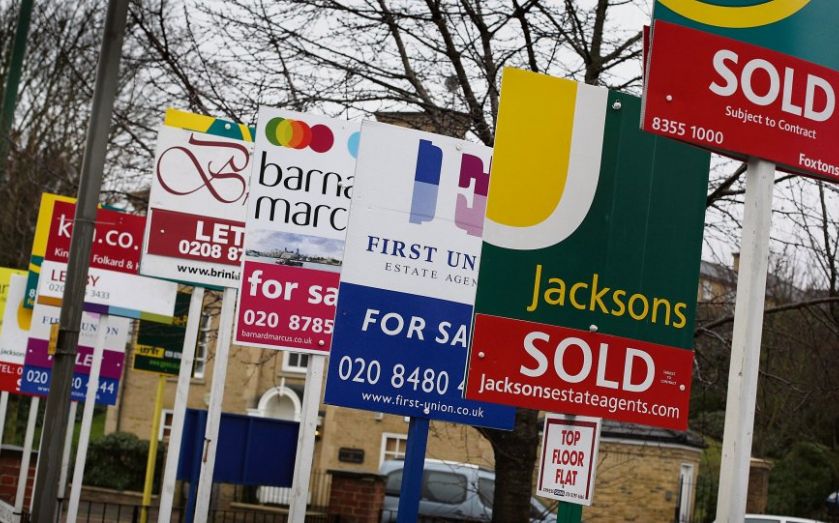As London house prices show signs of cooling, are fears of a bubble overplayed?

Rob Wood, chief UK economist at Berenberg Bank, says Yes.
Rapid rises in house prices would be a threat if they turned into an uncontrollable bubble accompanied by a rapid debt build-up. So it is good news that London house price inflation seems to be slowing down.
And that slowdown has its roots in action taken by the Bank of England. Earlier this year, it introduced tighter mortgage regulations precisely with the aim of reducing the risks of a dangerous bubble.
Those regulations should bite as time goes on, particularly in London – where valuations are the most stretched.
Meanwhile, banks have also begun restricting access to very high loan-to-income mortgages, while interest rate hikes starting later this year could yet weigh on the housing market.
In other words, we can be reassured that the Bank of England is focused on the issue of housing, and that it will take action to ensure the current boom does not develop into a much more damaging bubble.
Jason Hollands, managing director at BestInvest, says No.
The combination of warnings from the Bank of England and more stringent regulations on lending appear to be impacting sentiment.
Further, the strength of sterling is sure to be deterring some overseas investors. For many potential buyers, there is simply a dawning realisation that after astronomical rises, London prices are too high – they don’t want to get involved for now.
Even so, it’s important to recognise that expectations are simply adjusting to more modest rises – a cooling down, not a correction.
Yet the gap between average property prices and wages remains at historically high levels, and wage growth remains weak – despite all the talk of recovery.
The recovery, which has been overly focused on easy money and the housing market, is perhaps more fragile than it seems. And in London, there is also a critical vulnerability to the fate of the financial sector.